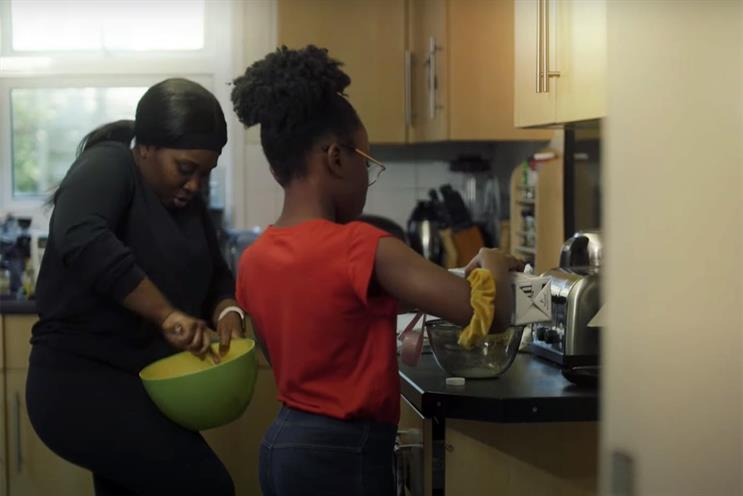The past few months has thrown up some unexpected bumps in the road for brands and their people, including me. I left my CMO role at Dreams – a brand and job I loved – in April as part of the retail shutdown.
Time on the sidelines has given me a chance to view the current goings-on more closely – more impartially, maybe – as non-essential retail has reopened this month and hospitality is set to follow on 4 July.
As we think less about what’s happened and more about how to navigate out of this pickle and into a brighter future, we can be confident that the market will come back – but differently.
Two key factors will dictate demand on the other side: consumer spending power and consumer confidence to shop.
Somehow, the new "normal" world could shimmer even more for the best of us, if we consider some of these themes.
It’s time to really start thinking about the post-crisis world
Positively and constructively. What have you learned about what has changed that may permanently shift the dynamics of your business? How it will affect your brand(s)?
There will also be a wider economic aftershock, following the initial Covid-19 explosion. The best brands will work out the new landscape the quickest. Brands that looked after their people the best will surely retain the best people – and in turn be better, stronger businesses for it.
As ever, the consumer really holds the whip hand. Management need to lead their businesses like a consumer more than ever now.
Shoot ahead of the ducks
Retail brands have had to make some tough choices in the past couple of months. My guess is that this is only going to continue.
What could you anticipate that others have maybe missed? What is the new order and how will this be magnified over the coming year or three? How can you gain a competitive advantage through moving towards the imminent consumer changes?
Pretend the future’s already here and start to act now.
Consumer demands and priorities have shifted
What has this crisis exposed? Retailers and brands may be in danger of defining pricing by the past. That £100 retail piece, with a cost price of £30, might have suited the consumer/brand business model back in February, but will these financials work going forward?
Appetite for demand will change by sector and product as consumers re-prioritise, based on their feelings and circumstances.
Will once-bitten become twice-shy as hesitant consumers look to retain more of a financial buffer for "next time" – with bigger-ticket treats shouldering the greatest impact over their cheaper, more disposable counterparts?
Consumer confidence is more fragile
We will be living with the consequences of how we act and behave for years to come. Beyond sheer spending power, consumers need extreme trust in a brand and the confidence to shop (even more so physically).
Recessionary times make consumers think more. When they think more, they reassess their behaviour. Loyalties to brands may be confirmed or discarded. The previous norm is somewhat turned on its head. It’s an opportunity.
Brandical communications
I regret even typing that word, but it simply can’t and won’t be all about price/value communications coming out of this.
Brands needs to be more in touch with consumers – relevant and engaging.
The best brands already are. The recent Cadbury work (pictured, top) was outstanding. The Black Lives Matter movement shows the importance of getting behind critical issues stoutly yet sensitively.
In these troubled times, marketing can sometimes appear to have the confidence of fine artists or musicians, but we must be bold and courageous to cut through.
Giving consumers endless compelling reasons to love and use your brand is critical to success. Success that, given the recent events, would be unheralded, romantic, perfect.
Tony Holdway is a retail and marketing specialist whose previous roles have included chief marketing officer at Dreams and sales and marketing director at Dominos UK and Ireland


